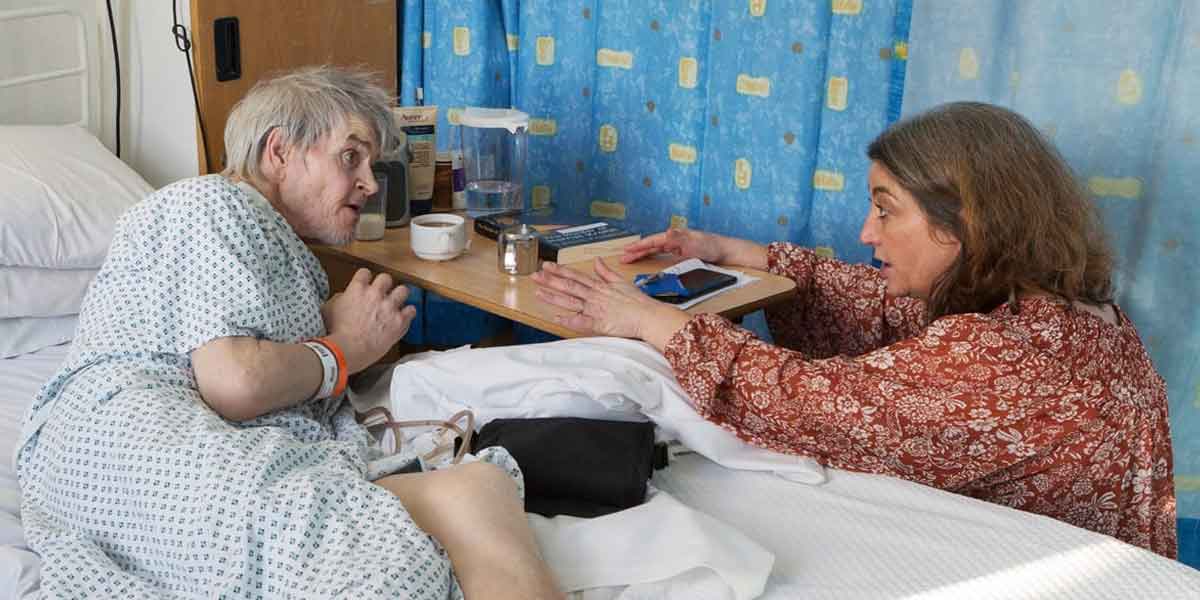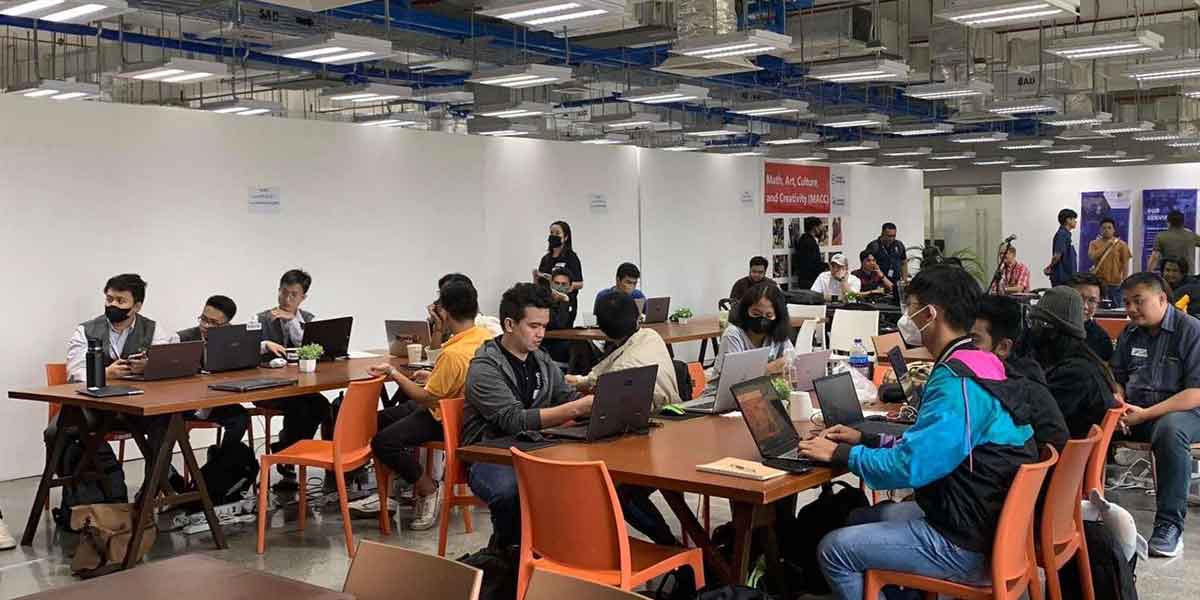
By Francis Allan L. Angelo
The World Health Organization’s (WHO) latest report, “Fair share for health and care: gender and the undervaluation of health and care work,” lays bare the stark inequalities at the heart of global health and care systems.
With women comprising 67% of the paid workforce in these sectors and performing an estimated 76% of all unpaid care activities, the report casts a critical light on the gender disparities that exacerbate both economic and health crises worldwide.
The findings of the report reveal a vicious cycle where underinvestment in health systems leads to an increase in unpaid health and care work.
This over-reliance on unpaid labor diminishes women’s presence in the paid labor markets, undermining their economic empowerment and impeding gender equality.
The undervaluation of health and care work, primarily performed by women, has cascading effects: low pay, poor working conditions, reduced productivity, and a diminished economic footprint of the sector.
“Fair share for health and care: gender and the undervaluation of health and care work” underscores a chronic underinvestment in health and care work that is contributing to a growing global crisis.
With a stagnating progress towards Universal Health Coverage (UHC), resulting in 4.5 billion people lacking full coverage of essential health services, women are often forced to shoulder even more unpaid care work.
This scenario is detrimental not only to the health of caregivers themselves but also to the quality of care services provided.
Jim Campbell, WHO Director for Health Workforce, emphasizes the urgency of the matter. “The ‘Fair share’ report highlights how gender-equitable investments in health and care work would reset the value of health and care and drive fairer and more inclusive economies,” he said.
Campbell’s call to action is aimed at leaders, policymakers, and employers to make a pivotal shift towards investment in health and care—a fundamental step toward a fair share for health and care.
The WHO report offers actionable policy levers to address the crisis:
– Improve working conditions for all forms of health and care work, particularly in highly feminized occupations.
– Incorporate women more equitably into the paid labor workforce.
– Enhance the conditions and wages in the health and care workforce to ensure equal pay for work of equal value.
– Address the gender gap in care, support quality care work, and uphold the rights and well-being of caregivers.
– Ensure that national statistics adequately account for, measure, and value all health and care work.
– Invest in robust public health systems.
The report argues that investing in health and care systems is not merely a social imperative but an economic strategy that can redistribute unpaid health and care work.
Empowering women through paid health and care employment can lead to better health outcomes. Recognizing, valuing, and investing in all forms of health and care work is presented not just as a fair decision but a fundamentally wise one.
For decades, the underinvestment in health and care has been an open secret, with its implications on gender equality and economic development widely acknowledged but insufficiently acted upon.
The WHO’s new report offers not just a diagnosis but a prescription that if followed, could pave the way for healthier, more equitable, and more prosperous societies worldwide.
























